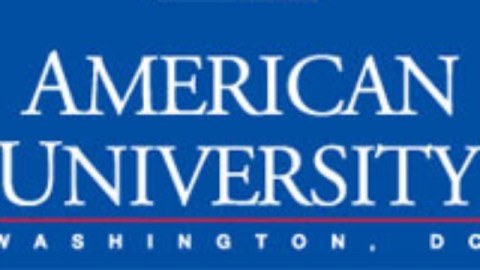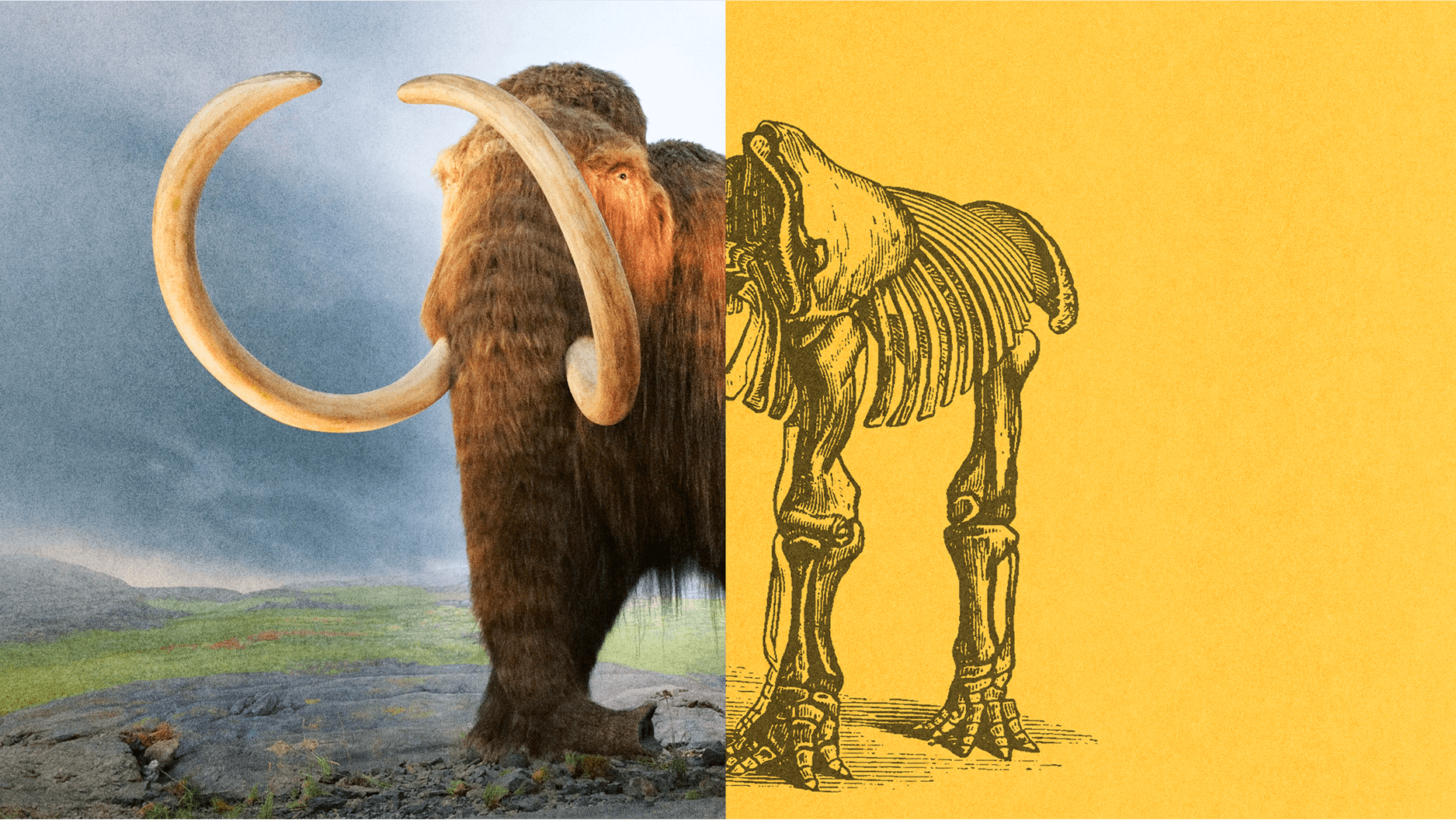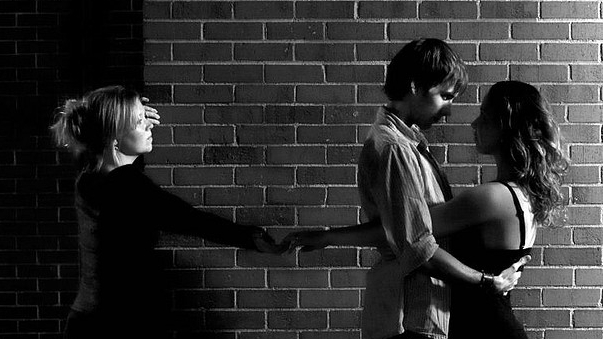Announcing the Science in Society Film and Lecture Series at American University

This semester at American University, the School of Communication has launched the inaugural Science in Society Film and Lecture series, an initiative designed to engage students, faculty, and the Washington, DC community in thought-provoking discussions about the many intersections among science, media, and public affairs.
The series opens with the following upcoming events. See link at bottom for directions to campus and a campus map.
MONDAY, JAN 31, 8PM
“The Panic Virus: A True Story of Medicine, Science, and Fear,” interview of author Seth Mnookin by AU science journalism professor Declan Fahy, followed by Q&A and book signing.
Weschler Theater, 3rd Floor, Mary Graydon Hall. Co-sponsored by the College of Arts and Sciences.
THURSDAY, FEB 17, 730PM
Screening of PBS series episode “The Human Spark,” awarded the AAAS Science Journalism prize for in-depth TV reporting followed by panel discussion.
Weschler Theater, 3rd Floor, Mary Graydon Hall. Co-sponsored by the College of Arts & Sciences.
Screening will be followed by discussion of key issues related to media, communication, and the debate over the teaching of evolution with Larry Engel, AU film professor and Human Spark director; Eugenie Scott, Executive Director of the National Center for Science Education, and Jay Labov, Senior Advisor for Education and Communication at the National Academies. Discussion moderated by AU science communication professor Matthew Nisbet.
FRIDAY, FEB 25, 130PM
The Climate Fix: What Scientists and Politicians Won’t Tell You About Global Warming, discussion by author Roger Pielke, Jr., Professor of Environmental Studies, University of Colorado-Boulder.
Location Founders Room, School of International Service. Co-sponsored by the Center for Environmental Policy, School of Public Affairs, the Department of Environmental Science, and the Global Environmental Politics program, School of International Service.
The world’s response to climate change is deeply flawed. The conventional wisdom on how to deal with climate change has failed and it’s time to change course. To date, climate policies have been guided by targets and timetables for emissions reduction derived from various academic exercises. Such methods are both oblivious to and in violation of on-the-ground political and technological realities that serve as practical “boundary conditions” for effective policy making. Until climate policies are designed with respect for these boundary conditions, failure is certain. Using nothing more than arithmetic and logical explanation, this talk provides a comprehensive exploration of the problem and a proposal for a more effective way forward.
* Directions to and Map of AU Campus





